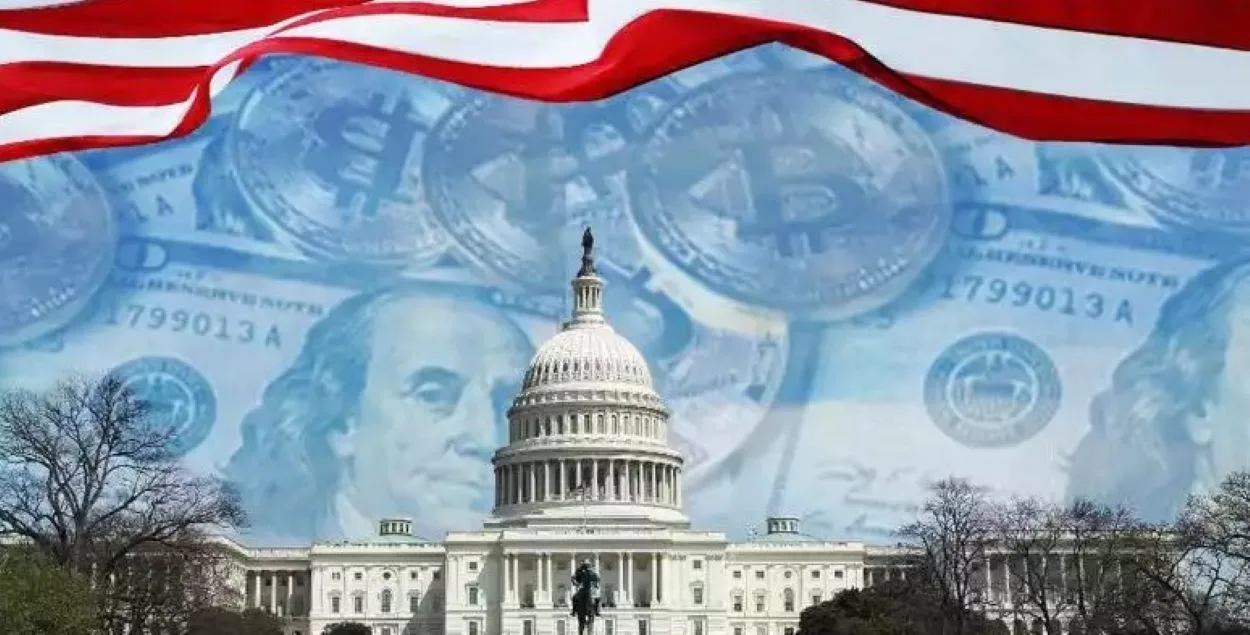Treasury officials have issued a warning, indicating that the United States could default on its debt as early as June 1. President Joe Biden and congressional Republicans have resumed negotiations to prevent this outcome. President Biden has emphasized the catastrophic effects of default and urged Republicans to agree to a “clean” debt ceiling increase before the deadline. However, Republicans insist that Democrats commit to reducing future expenditures in exchange for extending the nation’s borrowing capacity.
The potential failure to raise the United States debt ceiling would have significant domestic and international repercussions. Financial analysts anticipate a sharp but temporary shock in the financial markets if a default occurs. This would likely result in a decline in US stocks and an increase in interest rates, particularly affecting Treasury yields and mortgage rates. Consequently, consumers and businesses would face higher borrowing costs, negatively impacting consumer purchasing power and confidence.
However, experts believe any market disruptions would likely be short-lived. Politicians are expected to respond forcefully to significant market reactions, helping to restore stability and confidence once an agreement is reached. Nathan Sheets, the chief economist for Citigroup’s global operations, expresses confidence that the markets will recover, suggesting that long-term GDP forecasts will not be significantly affected.
If the United States misses the X-date (the point at which the government runs out of money), the government can still prioritize debt repayment while delaying other payments to federal agencies, Social Security recipients, and Medicare providers. This strategy was employed during a similar debt ceiling impasse in 2011, aiming to prevent a default on Treasury securities and maintain interest payments.
While a complete government shutdown is unlikely, the failure to reach an agreement would have global implications. The US government’s inability to fulfill all its debts could raise doubts about the nation’s creditworthiness, erode lender confidence, question the dollar’s status as a reserve currency, and increase borrowing costs for the federal government. Specialists suggest that a US default, while improbable, would lead to a significant increase in interest rates and private debt, triggering a severe recession within the United States and affecting Europe and other parts of the world.
Furthermore, as the X-date approaches, there is a looming possibility of a downgrade in US debt by rating agencies. Even if the United States continues to meet its debt obligations, rating agencies may take note and emphasize the urgent need for a negotiated agreement to avoid potential credit rating downgrades.
The failure to raise the debt ceiling would have far-reaching economic and global consequences, impacting financial markets, the stability of the dollar as a reserve currency, and the confidence of lenders and investors in the US economy. Therefore, policymakers must agree to prevent these potential disruptions and mitigate the risks associated with a default.






